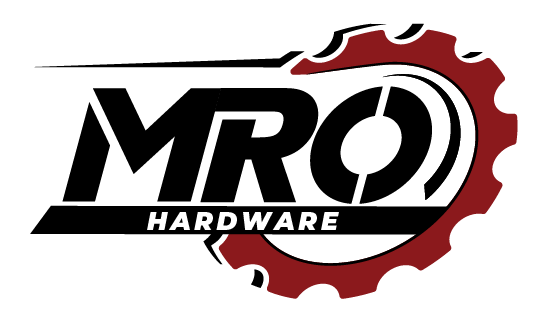In the realm of metal joining, welding remains a dominant force. But what if you need a permanent, threaded connection point within a welded structure? That’s where weld fasteners come into play. These ingenious components offer the combined strength of welding with the versatility of threaded connections.
What are Weld Fasteners?
Weld fasteners are a specialized type designed to be permanently attached to metals using a welding process. They eliminate the need for drilling and tapping, simplifying the assembly process and offering several advantages over traditional methods:
- Strength and Security: The welded connection creates a permanent and exceptionally strong joint, ideal for high-stress applications.
- Versatility: They come in various shapes and sizes, catering to diverse needs and applications.
- Efficiency: Eliminating the tapping process translates to faster assembly times and reduced labor costs.
Types of Weld Fasteners
The world of weld fasteners encompasses several variations, each suited for specific applications. Here’s a closer look at some of the most common types:
Arc: These fasteners are welded using an electric arc welding process. They offer a strong and reliable connection, making them suitable for demanding applications like attaching brackets, supports, and other structural elements to steel beams or plates.
CD: Capacitor discharge (CD) welding is a fast and efficient method for attaching weld fasteners. A high-voltage discharge creates a weld between the fastener and the base metal, making them ideal for high-volume production environments or applications involving thin sheet metal.
Weld Studs: These are essentially threaded rods designed for welding onto a base material. They provide a strong, permanent threaded connection point, suitable for attaching various components like hinges, electrical enclosures, and piping systems.
Weld Pins: Similar to weld studs, weld pins are short, threaded fasteners used to create permanent threaded connections. They are often used in applications requiring a low profile, such as attaching electrical components or securing panels.
Choosing the Right Weld Fastener
Selecting the appropriate weld fastener depends on several factors, including:
- Material thickness: Different fasteners are better suited for specific material thicknesses.
- Load requirements: Consider the weight and stress the connection will need to bear.
- Application environment: Choose fasteners compatible with the surrounding conditions, such as corrosion resistance for outdoor use.
By understanding the different types of weld fasteners and their capabilities, you can make informed decisions when designing and assembling metal structures, ensuring a strong, secure, and efficient outcome.

